Tayfun İşeri, President of the Flat Steel Import and Industry Association (YİSAD), responded "I'm not sure." to the question of whether scrap would become a new gold, highlighting that technological advancements could introduce alternatives to scrap in the future.
Citing EU officials, Iseri said that decarbonization and CBAM are just new tools to "protect themselves". He added that after significant subsidies given to EU steel producers for decarbonization, past anti-dumping or countervailing duties would be thrown away.
Marcel Genet, the founder and president of Laplace Conseil consultancy, said, "I think protectionism defeats itself. What we forget is that if we don't do anything about steel, the product will have no value."
“Türkiye is not trying to buy scrap by force”
Genet emphasized that restrictions on scrap trade were not likely, stating, "It's completely absurd for countries to restrict trade when it's more efficient to do it somewhere else." He added, "Türkiye is not trying to forcibly acquire scrap from the EU or the US. It's nice to create an outlet for countries that don't have the capacity to consume their own scrap."
Genet also suggested abandoning monthly price negotiations between scrap suppliers and steel producers and working towards maximizing steel recycling.
Steven Vercammen, mentioning that Türkiye will receive less scrap but it won't be due to regulations, said, "Regulations won't move the needle; the scrap industry itself will. More scrap will be held in Europe knowing that demand is increasing. So yes, Türkiye will receive less scrap, but it won't be because of regulation."
Muammer Bilgiç, General Manager of Bilecik Demir Çelik, also pointed out that Türkiye's dependence on scrap imports was a significant issue, stating, "The country needs to restructure its capacities and the type of steel it produces." He added that CBAM and environmental regulations would hit Turkish steel producers, and integrated facilities would soon lose their competitive edge.


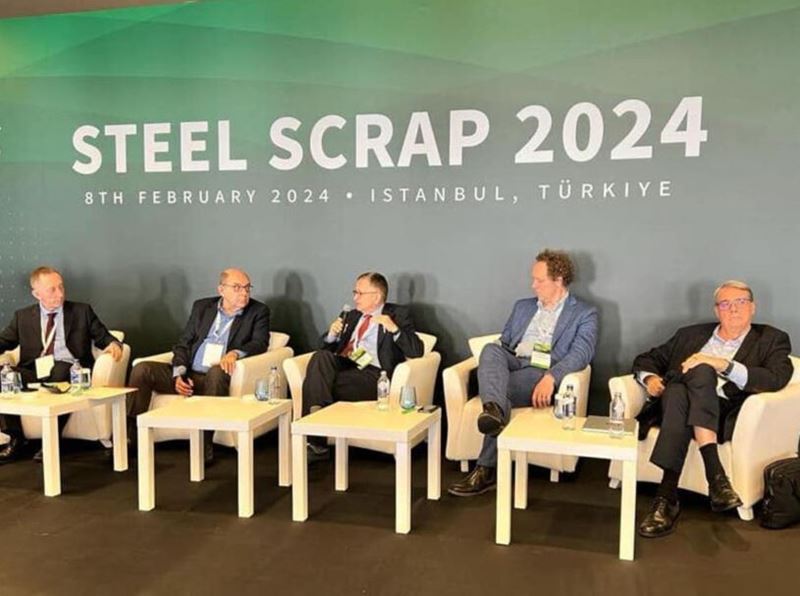

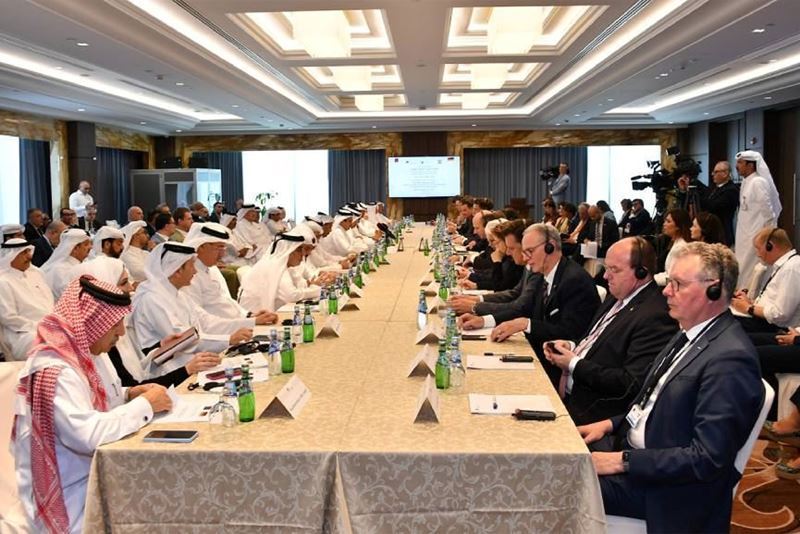
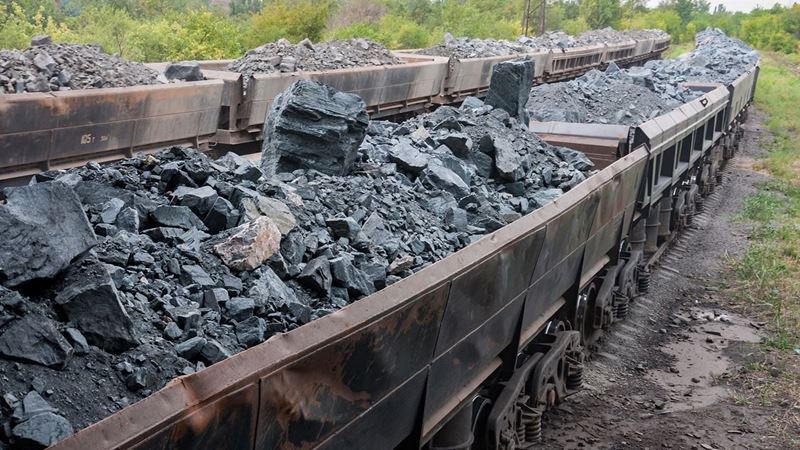
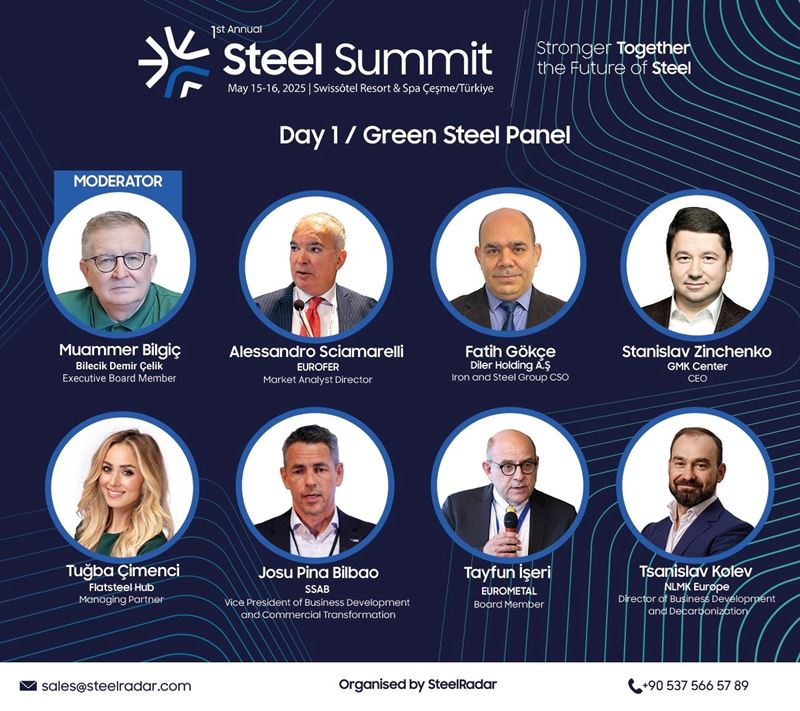
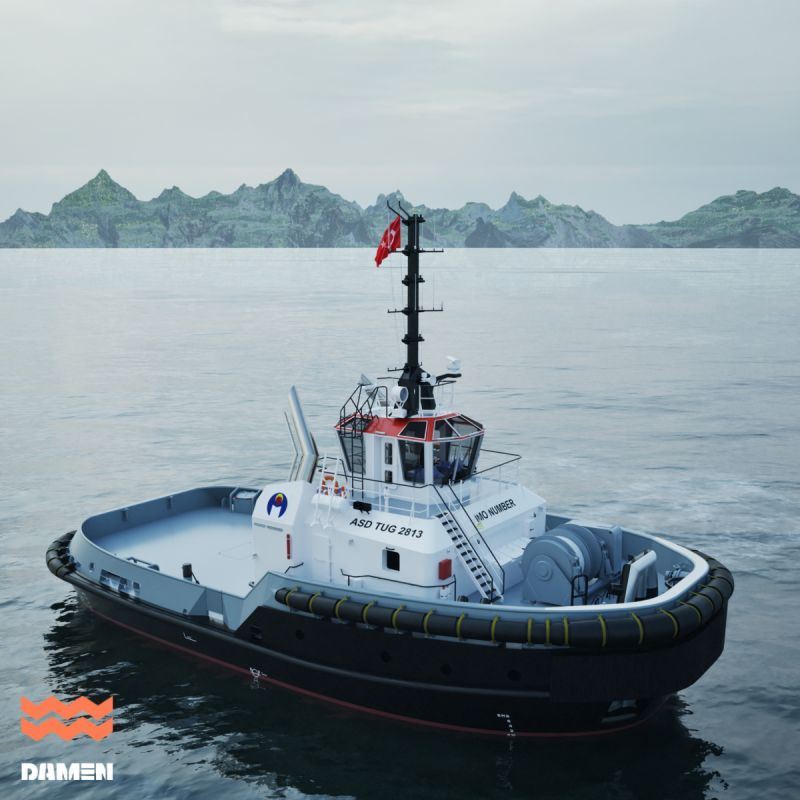
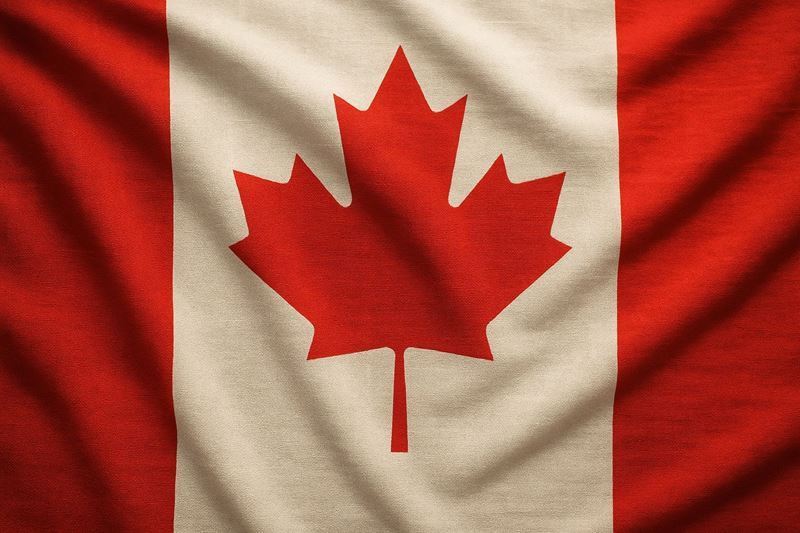


Comments
No comment yet.